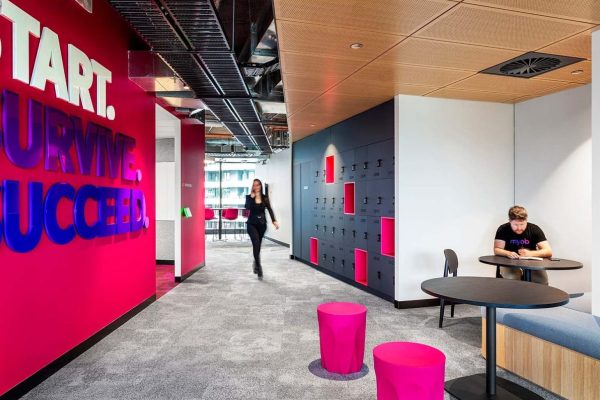While clear policies are crucial, strictly mandated solutions often fall short. Instead, organisations should adopt a collaborative and inclusive approach that considers the needs and perspectives of all stakeholders—organisations, leaders, and employees. We explore the benefits of flexible working arrangements and outline how organisations can create transparent solutions that foster success for everyone involved.
The Power of Stakeholder Engagement:
Engaging all key stakeholder groups is vital when developing work-from-home policies. By understanding their preferences, motivations, and requirements, organisations gain valuable insights to shape the ideal arrangement. This collaborative process ensures that all parties feel heard, represented, and invested in decision-making. It lays the foundation for a transparent and inclusive work culture that nurtures employee satisfaction and productivity.
The Benefits of Flexibility:
Flexible work arrangements offer numerous advantages for organisations and employees alike:
- Work-Life Balance: Remote work enables employees to integrate personal and professional lives, resulting in improved overall well-being and reduced stress levels.
- Productivity Boost: Certain tasks requiring deep focus can be better accomplished in the home environment, leading to heightened productivity and efficiency.
- Expanded Talent Pool: Remote work options transcend geographical boundaries, allowing organisations to attract diverse skill sets and tap into a wider talent pool.
- Cost Savings: Remote work can lead to reduced overhead costs, including office space, utilities, and commuting allowances.
- Environmental Impact: With fewer employees commuting, there is a notable reduction in carbon emissions, contributing to a greener future.
Creating a Transparent and Inclusive Policy:
To ensure the success of work-from-home policies, organisations should follow these steps:
- Stakeholder Analysis: Gather feedback from organisations, leaders, and employees, understanding concerns, and identifying preferences.
- Collaborative Decision-Making: Involve representatives from each stakeholder group in decision-making to ensure the policy reflects the collective needs and interests of the organisation.
- Clear Communication: Transparently communicate the rationale behind the policy, addressing how it benefits all stakeholders and aligns with the organisation’s values and objectives.
- Continuous Evaluation and Adaptation: Regularly assess the policy’s effectiveness, making adjustments based on feedback, emerging trends, and changing circumstances.

As organisations adapt to the changing work landscape, finding the right balance between remote work and the office is crucial. CAB’s recent policy announcement serves as a reminder that successful work-from-home arrangements require more than strict mandates. By adopting a collaborative, inclusive, and flexible approach, organisations can create transparent solutions that benefit all stakeholders. Flexibility allows for diverse needs, increased productivity, and embraces the evolving nature of work in the modern world.
Athena Blue Global specializes in equipping leaders with the tools needed to make workplace decisions through our Workplace Strategy services. Contact us to learn more about building your next strategy for your workplace and people.






